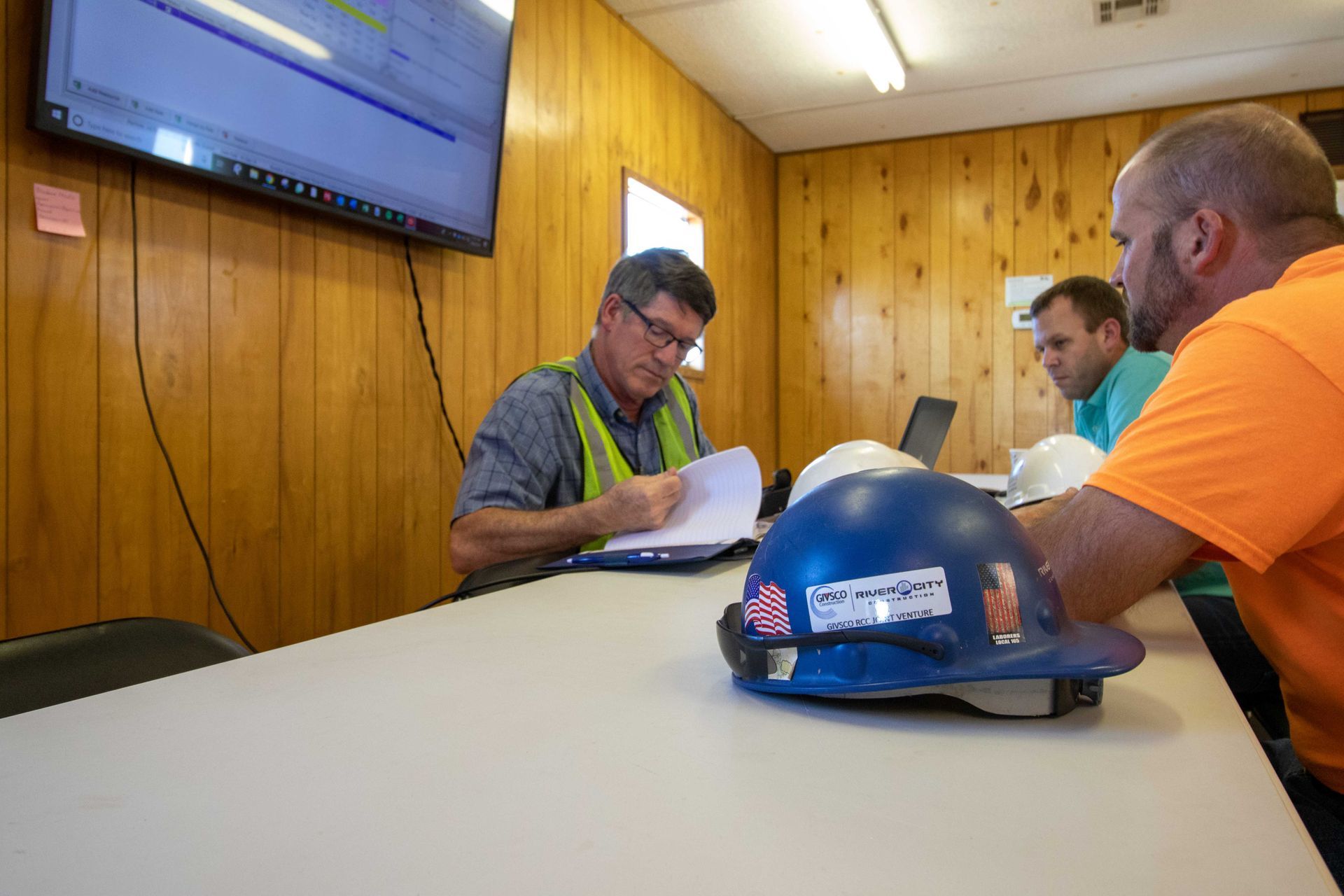Managing Construction Scheduling Changes
Construction is all about trust.
Owners and stakeholders trust contractors to execute the project, project managers trust their crew to work hard each shift, and crew members trust that they'll have all the materials they need to do their job successfully.
The project schedule also holds much trust. Owners and stakeholders trust that the team will stick to the schedule as much as possible while communicating delays efficiently.
Let's discuss best practices for making and sharing scheduling changes.
Set Expectations
As with any business relationship, setting expectations ahead of time is imperative. General contractors (GC) should set expectations for the rest of the management team, the crew, and anyone else working directly for their company. Then, GCs can focus on the guidelines they'll set with subcontractors they hire. Most importantly, they should set expectations with all owners and stakeholders for each project they take on.
If it's been a while since a GC outlined any expectations with these groups, they should revisit the elements most important to the project's overall success.
Build a Process
After the team sets expectations, building a process is next. How will the project schedule be done? Where will information be stored? Where can change order requests or schedule updates be filled out? When a construction company builds a process for these steps, they are on their way to having robust construction scheduling. Using cloud-based scheduling software can help develop the scheduling process.
Using the Right Software
The days of paper scheduling are in the rearview mirror – the industry's improvements with digital and cloud-based scheduling tools are incredible. Many construction scheduling applications have different capabilities that will fit certain project types.
Our firm specializes in the robust software from Oracle called PrimaveraP6. We believe it is most powerful, flexible and easy-to-use solution for prioritizing, planning, managing, and executing projects.
Click here to learn more.

Notify the Whole Team
What good is a schedule change if all parties aren't notified? Everyone on the team should be up to date on schedule changes to understand how they will affect their work (if at all). While electronic communication through the scheduling platform or email and text works well, verbal communication is still essential. Some team members may check their devices infrequently, so communicating by word of mouth can still be incredibly effective.
If Project Managers (PM) hold regular meetings throughout the week, these meetings can also be a prime time to share scheduling updates. Regular meetings allow crew members to clarify points and ask questions when needed.
Notify Owners and Stakeholders
Do owners and stakeholders need to know about every scheduling change? PMs and others in management should use their best judgment to prioritize what information needs to be shared. Transparency is critical when communicating with stakeholders; that said, sharing significant scheduling changes and any delays may be enough, as not every stakeholder needs to know of minor changes that won't drastically change the timeline. Regular meetings with invested parties are a great way to ensure all questions are answered.
Working With Subcontractors
Even GCs with substantial in-house capabilities must turn to subcontractors for specific projects. Scheduling changes can get lost in the shuffle if subcontractors are not in on communication, though it is a two-way street; subcontractors need to regularly update PMs on their portions of the project so the whole team can experience better communication.
The best practices for GCs are thoroughly researching the best subcontractors for the job and starting the relationship with clear expectations. Then, when scheduling changes or other developments inevitably happen, everyone can proceed.

Work With Thomas D. Wilson Consulting Inc.
Although this blog gives you an idea of the importance of construction scheduling, your best bet for a construction project is to consult an expert. Our Thomas D. Wilson Consulting team has decades of experience scheduling and managing commercial construction projects of any scope or scale. We actively use SmartPM™, Primavera P6, and other scheduling software that best fits your project.
Let's connect today to talk about your project!
Ready to Experience a Different Kind of Construction Scheduling?
Request an initial consultation on your project.


Navigation
| Thomas D. Wilson Consulting, Inc.
(314) 918-0210 | tom@tdwilson.com |
1750 S Brentwood Blvd, Suite 307, Brentwood, MO 63144





